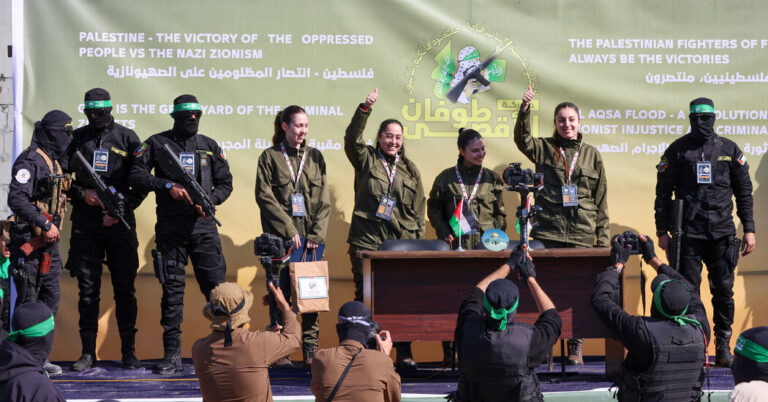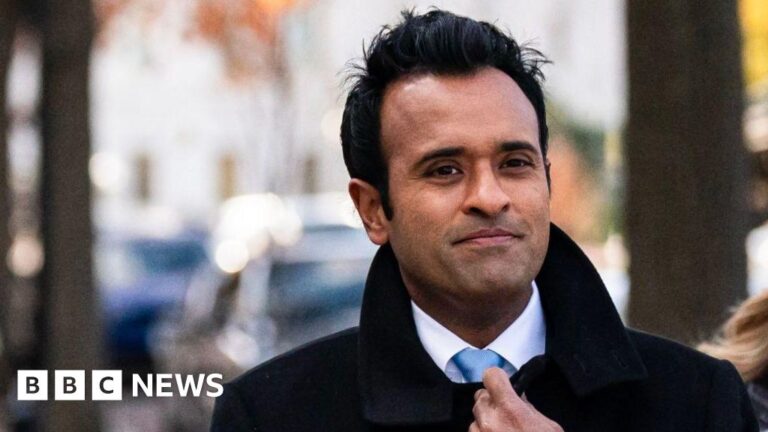US and Iranian officials have held indirect talks in Oman’s capital, Muscat, to try to reach a new deal over Iran’s controversial nuclear programme.
Donald Trump pulled the US out of a previous nuclear agreement between Iran and world powers in 2018, and reinstated economic sanctions, angering Iran.
The US president has warned of military action if the talks do not succeed.
Iran says its nuclear programme is for civilian purposes only, but many countries – as well as the global nuclear watchdog, the International Atomic Energy Agency (IAEA) – are not convinced.
Suspicions about Iran’s intentions arose when the country was found to have secret nuclear facilities in 2002, which broke an agreement called the Nuclear Non-Proliferation Treaty (NPT).
Since the US pulled out of the existing nuclear deal, Iran has breached key commitments, in retaliation for the decision to reinstate sanctions.
It has installed thousands of advanced centrifuges to enrich uranium, something which was banned by the JCPOA.
Nuclear weapons require uranium which has been enriched to 90% purity. Under the JCPOA, Iran was only allowed to possess up to 300kg of uranium enriched to 3.67% – sufficient for civilian nuclear power and research purposes but not nuclear bombs.
But by March 2025, the IAEA said Iran had about 275kg of uranium which it had enriched to 60% purity. That is enough to theoretically make about half a dozen weapons, should Iran further enrich the uranium.
US officials have said they believe Iran could turn that uranium into enough weapons-grade material for one bomb in as little as a week.
Trump’s decision was influenced by America’s regional allies who were opposed to the deal, chiefly Israel.
Israel claimed that Iran was still pursuing a covert nuclear programme, and warned that Iran would use billions of dollars in sanctions relief to strengthen its military activities.
Trump wants the “full dismantlement” of Iran’s nuclear programme, adding: “That’s enrichment, that is weaponisation, and that is its strategic missile programme.”
Iran hopes a deal to limit, but not dismantle, its nuclear programme in exchange for sanctions relief.
“The intention is to reach a fair and honourable agreement from an equal position,” Iranian Foreign Minister Abbas said.
Araghchi said Iran was ready to engage with the US, but that Trump must first agree there can be no “military option”.
Israel’s Prime Minister Benjamin Netanyahu said the only acceptable deal would involve Iran agreeing to eliminate its nuclear programme.
He said that meant: “We go in, blow up the facilities, and dismantle all the equipment, under American supervision and execution.”
Israel’s biggest fear will be that Trump might accept a compromise short of Iran’s complete capitulation which he could present as a diplomatic win.
Iran would almost certainly defend itself, which could include attacking US assets in the region, and firing missiles at Israel.
For an operation of this kind, the US would likely need to use its bases in the Gulf, as well as aircraft carriers. But countries like Qatar, which hosts the biggest US airbase, might not agree to help it attack Iran, fearing retaliation.
Source link




